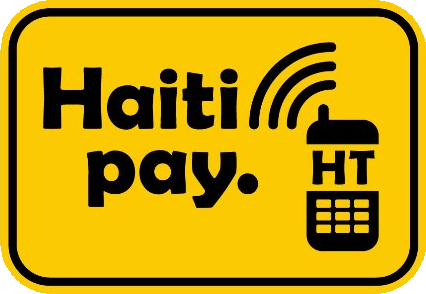
HaitiPay
HaitiPay is a Haiti-based fintech company focused on digitalizing the country's economy and increasing financial inclusion for underserved communities. Its core services are delivered through an API-enabled digital banking platform. This includes a mobile wallet that is designed to be universal and telecom-agnostic, capable of turning even basic feature phones into electronic payment devices.
The platform facilitates a range of financial transactions, including local and cross-border e-payments and remittances. By enabling electronic payments, HaitiPay supports merchants in expanding their sales and provides a secure and traceable way for all users, from rural farmers to urban merchants, to access digital financial services.
In collaboration with EMTECH, a CBDC infrastructure provider, HaitiPay has developed a proof-of-concept for a potential Central Bank Digital Currency (CBDC) in Haiti. This solution is built on the Hedera public distributed ledger, chosen for its high throughput, low fees, and security. This integration is designed to lower the cost of payments and provide seamless access to digital cash.
Project Information
Related Projects
.png)
GetEnergy is a green fintech company operating a B2B distribution platform for renewable electricity. The company’s core mission is to create a smart and cost-efficient marketplace that connects renewable energy generators directly with suppliers and consumers.
The platform functions by acquiring electricity from renewable generators through Power Purchase Agreements. The acquired electricity is then digitized, or "tokenized," on the company's proprietary platform, where each token represents 1 kWh of energy. This process utilizes proven Distributed Ledger Technology (DLT) and smart contracts to facilitate the sale and settlement of energy transactions. This DLT-based approach aims to reduce electricity costs by removing traditional intermediaries from the value chain.
Key features of the GetEnergy platform include providing users with “fully traceable green certificates" and guaranteeing transparency and faster settlement times for all transactions. The platform also incorporates advanced AI and machine learning models for forecasting services to optimize energy load and imbalance management.

Clink is a social engagement platform designed to help creators, communities, and brands build and monetise their own social tokens. The company's mission is to empower anyone to create their own decentralised social economy, fostering direct engagement and shared ownership between creators and their audiences.
The core of Clink's service is a suite of no-code tools that allow users to launch and manage their own social tokens and decentralised autonomous organizations (DAOs). The platform provides everything needed to build a tokenised community, including tools for creating airdrops, vesting schedules, and governance proposals. Clink also offers features for content monetisation, allowing creators to sell NFTs, offer exclusive content, and create token-gated experiences for their communities.
The entire Clink platform is built on and deeply integrated with the Hedera network. The Hedera Token Service (HTS) is used for the creation and management of all social tokens and NFTs on the platform, while the Hedera Consensus Service (HCS) provides a transparent and auditable record of all governance activities.

Fresh Supply Co (FSCO) is an agri-fintech company based in Queensland Australia. It functions on the Hedera blockchain, leveraging Hedera Hashgraph to enhance transparency, traceability, and financing within agricultural supply chains. The company focuses on providing verifiable provenance for agricultural products and digitizing trade finance. By integrating with Hedera, Fresh Supply Co offers immutable record-keeping for supply chain events, which supports the verification of Environmental, Social, and Governance (ESG) credentials for agricultural producers.
Their core offering includes the "Continuity API," which facilitates the flow of payments and data through complex supply chains. This technology enables agricultural exporters to track their produce from farm to consumer utilizing global payment networks such as Mastercard. Fresh Supply Co's platform allows for the tokenization of agricultural assets, turning verifiable supply chain data into a digital asset that can be used to secure financing. This approach unlocks liquidity for farmers and suppliers by providing financiers with greater visibility and assurance regarding the underlying commodities and their movement.

Calaxy is a decentralized social marketplace designed to empower creators by giving them direct ownership of their communities and monetization tools. It was cofounded by Spencer Dinwiddie, an active NBA player currently with the Dallas Mavericks, and CEO Solo Ceesay.
The Calaxy platform operates on the Hedera blockchain network with additional support for the Solana blockchain. It enables creators to build personalized mini-applications for users called "Worlds" and has been used by scores of celebrities including NFL superstar Ezekiel Elliot, WWE superstar Mickie James, and pop singer Teyana Taylor.
The customizable Worlds serve as social hubs enabling direct fan engagement through features including social feeds, exclusive content, video calls, and NFT sales. Creators can set their own prices for experiences and subscriptions, eliminating the need for intermediaries.
Calaxy integrates a user-friendly wallet supporting fiat currency, cryptocurrencies, and NFTs, Its native token, $CLXY, serves as a gas and governance token for its underlying "Creator's Galaxy" protocol which allows fans to purchase creator-specific tokens that are redeemable for bespoke interactions and unique content.
